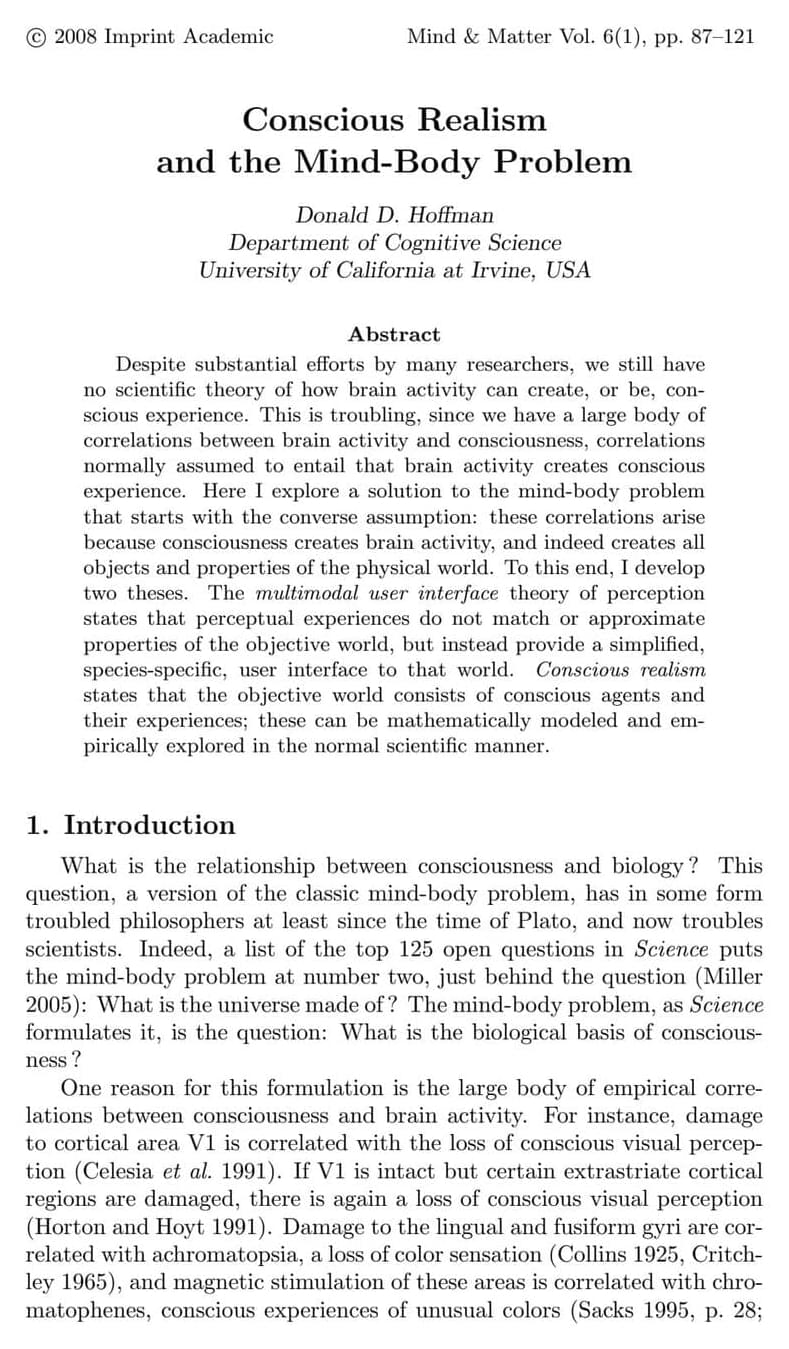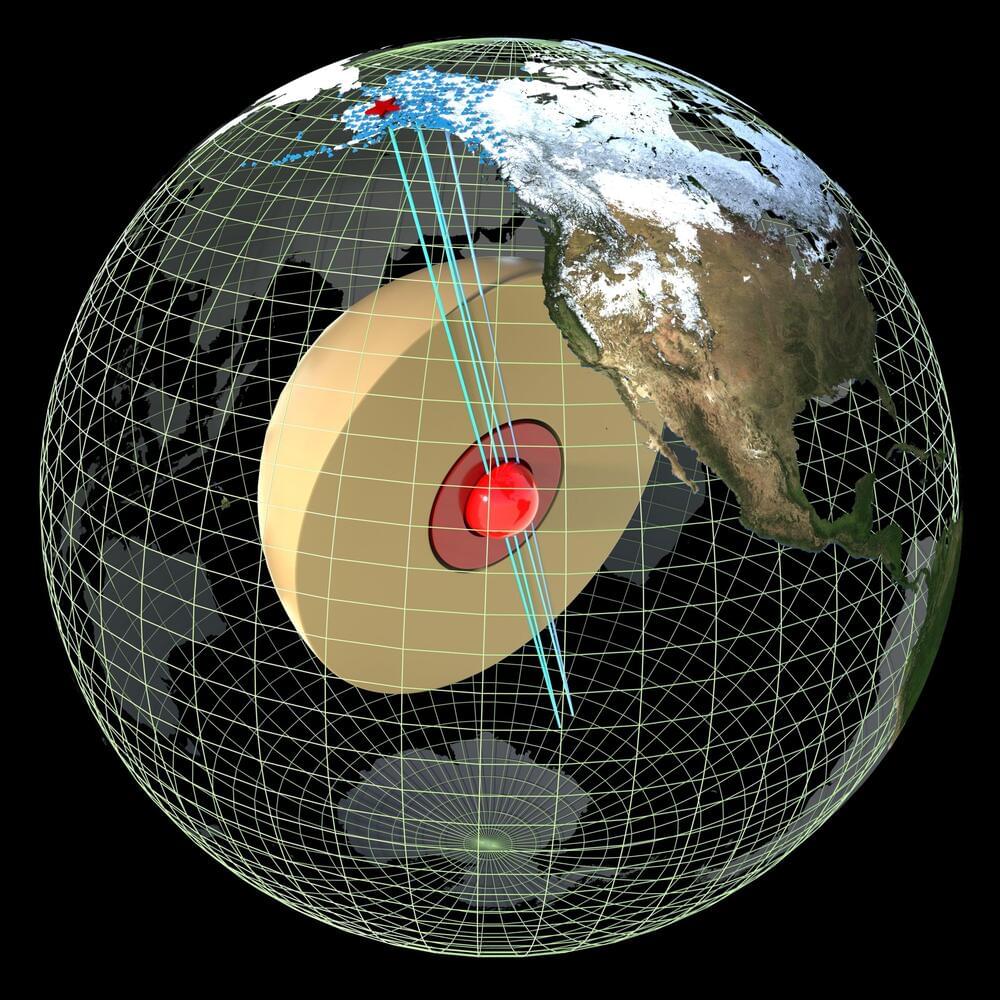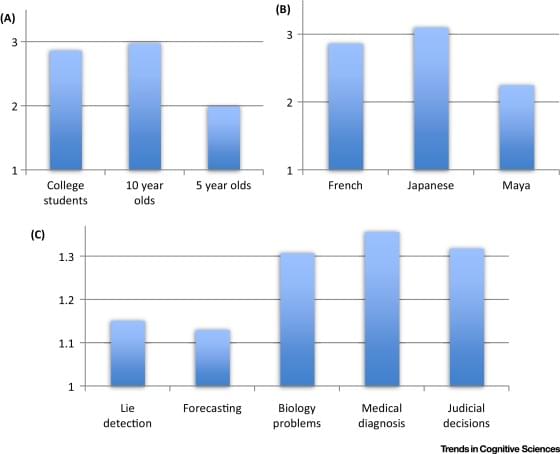Donald Hoffman conscious realism.
Dropbox is a free service that lets you bring your photos, docs, and videos anywhere and share them easily. Never email yourself a file again!

The Butlerian Jihad war against the machines abd the Cymecks.
Dune.

Data captured from seismic waves caused by earthquakes has shed new light on the deepest parts of Earth’s inner core, according to seismologists from The Australian National University (ANU).
By measuring the different speeds at which these waves penetrate and pass through the Earth’s inner core, the researchers believe they’ve documented evidence of a distinct layer inside Earth known as the innermost inner core—a solid “metallic ball” that sits within the center of the inner core.
Not long ago it was thought Earth’s structure was comprised of four distinct layers: the crust, the mantle, the outer core and the inner core. The findings, published in Nature Communications, confirm there is a fifth layer.
ChatGPT is a powerful Artificial Intelligence platform that will take over the world!
In this video, I’m sharing with you all about ChatGPT, its capabilities, and why Bill Gates and other world-renowned experts believe it will be a major force in the future!
ChatGPT is a cutting-edge Artificial Intelligence platform that will change the way we live and work forever. It’s powered by the latest in machine learning and artificial intelligence technologies, and it has the potential to transform many industries.
If you’re interested in Artificial Intelligence or just want to know more about ChatGPT, watch this video and learn everything you need to know!


Antarctica — icy, empty, desolate, cold — these are words you may use to describe it, but it hasn’t always been that way.
There was once a time when the great southern landmass was covered in forests and dinosaurs roamed free. How could such an icy wilderness once have been so warm that it could support Earth’s most gigantic creatures?


On the banks of the Solo River in Java, Indonesia, 19th-century physician Eugene Dubois uncovered an astounding fossil find: the bones of what appeared to be an ancient human, surrounded by animal remains and shells. Excavated in the 1890s, the site gained fame as the home of “Java Man,” better known today as Homo erectus.
Dated to between a million and 700,000 years old, the bones immediately provoked controversy, because Dubois claimed they showed evidence of a transitional species between apes and humans. It turns out he was right— Homo erectus fossils have since been found in Africa and elsewhere in Asia, and it is possible the species is a direct ancestor of our own. But it’s the palm-sized shells found alongside the Java remains that are raising big questions today. An examination of the shells published in Nature suggests that Homo erectus may have used the shells for tools and decorated some of them with geometric engravings. At around half a million years old, the shells represent the earliest evidence of such decorative marks and also the first known use of shells to make tools.
Dubois collected 11 species of freshwater shells at the site, called Trinil. Most of them belong to the sub-species Pseudodon vondembuschianus trinilensis, a now extinct freshwater mussel he described in 1908. Initially scientists thought the mollusks had naturally clustered at the site, perhaps driven by water currents. Even without a connection to the human fossil, the cache provided a nice census of ancient freshwater shell life, coming from at least 166 Pseudodon individuals.

The argumentative theory of reasoning suggests that the main function of reasoning is to exchange arguments with others. This theory explains key properties of reasoning. When reasoners produce arguments, they are biased and lazy, as can be expected if reasoning is a mechanism that aims at convincing others in interactive contexts. By contrast, reasoners are more objective and demanding when they evaluate arguments provided by others. This fundamental asymmetry between production and evaluation explains the effects of reasoning in different contexts: the more debate and conflict between opinions there is, the more argument evaluation prevails over argument production, resulting in better outcomes.
